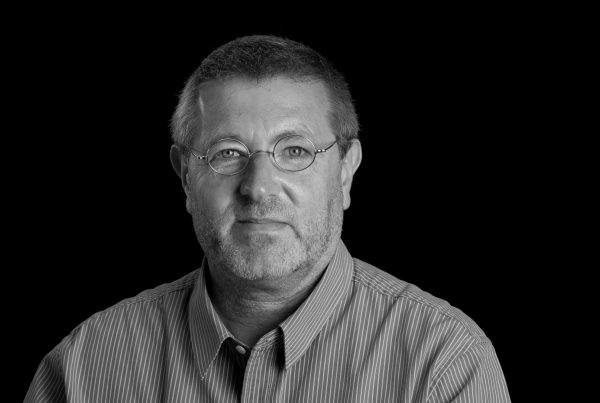Gustavo Deco is Research Professor at ICREA and Professor (Catedrático) at the Pompeu Fabra University where he leads the Computational Neuroscience group. He is Director of the Center of Brain and Cognition (UPF). In 1987 he received his PhD in Physics for his thesis on Relativistic Atomic Collisions. In 1987, he was a postdoc at the University of Bordeaux in France. From 1988 to 1990, he was postdoc of the Alexander von Humboldt Foundation at the University of Giessen in Germany. From 1990 to 2003, he lead the Computational Neuroscience Group at Siemens Corporate Research Center in Munich, Germany. He obtained in 1997 his Habilitation (maximal academical degree in Germany) in Computer Science (Dr. rer. nat. habil.) at the Technical University of Munich for his thesis on Neural Learning. In 2001, he received his PhD in Psychology at the Ludwig-Maximilians-University of Munich. He wars awarded with the ERC Advanced Grant.
